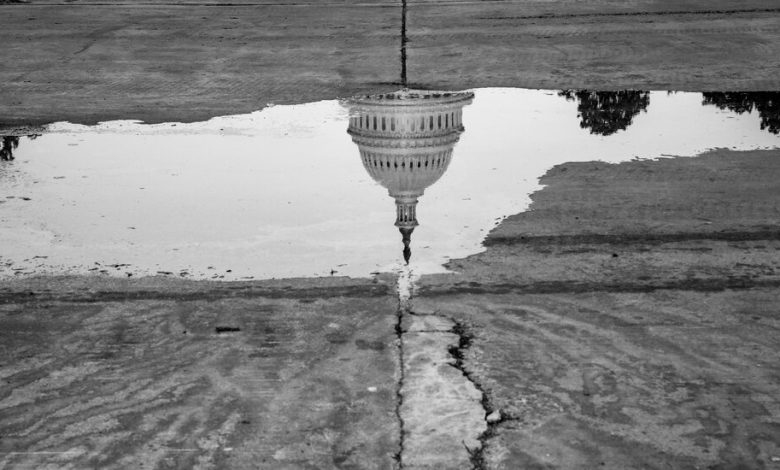‘It’s All About Greed and Profit’: How Many Americans Feel About the Economy

When asked what drives the economy, many Americans have a simple, single answer that comes to mind immediately: “greed.” They believe the rich and powerful have designed the economy to benefit themselves and have left others with too little or with nothing at all.
We know Americans feel this way because we asked them. Over the past two years, as part of a project with the American Academy of Arts and Sciences, we and a team of people conducted over 30 small-group conversations with Americans from almost every corner of the country. While national indicators may suggest that the economy is strong, the Americans we listened to are mostly not thriving. They do not see the economy as nourishing or supporting them. Instead, they tend to see it as an obstacle, a set of external forces out of their control that nonetheless seems to hold sway over their lives.
Take the perceived prevalence of greed. This is hardly a new feeling, but it has been exacerbated recently by inflation and higher housing costs. Americans experience these phenomena not as abstract concepts or political talking points but rather as grocery stores and landlords demanding more money.
Income inequality has been in decline over the last few years. But try explaining that to someone struggling to pay the rent. “I just feel like the underdog can’t get ahead, and it’s all about greed and profit,” one Kentucky participant noted. It is not necessarily the actual distribution of wealth that troubles people. It is the feeling that the economy is rigged against them.
There is a clear disconnect between the macroeconomic story and the micro-American experience. While a tight job market has produced historic gains for lower-income workers, many of the low-income workers we spoke with are unable to accumulate enough money to build a safety net for themselves. “I like the feeling of not living on the edge of disaster,” a special education teacher in rural Tennessee said. “[I am] at my fullest potential economically” right now, but “I’m still one doctor’s visit away from not being there, and pretty much most people I know are.”
If there is a singular explanation for dissatisfaction with the economy, it is a lack of financial certainty. While direct government assistance early in the pandemic certainly helped many in 2020 and 2021, millions of households still struggled to get food and many millions fell behind on rent. These feelings of instability do not dissipate quickly, especially when rising prices make trips to the store adventures in budgetary arithmetic and the threat of an accident or a surprise medical bill looms around every corner. “Uncertainty really affects your well-being, it affects what you do, it affects how you behave,” said a unionized airport worker in Virginia who tutors in the evenings.




